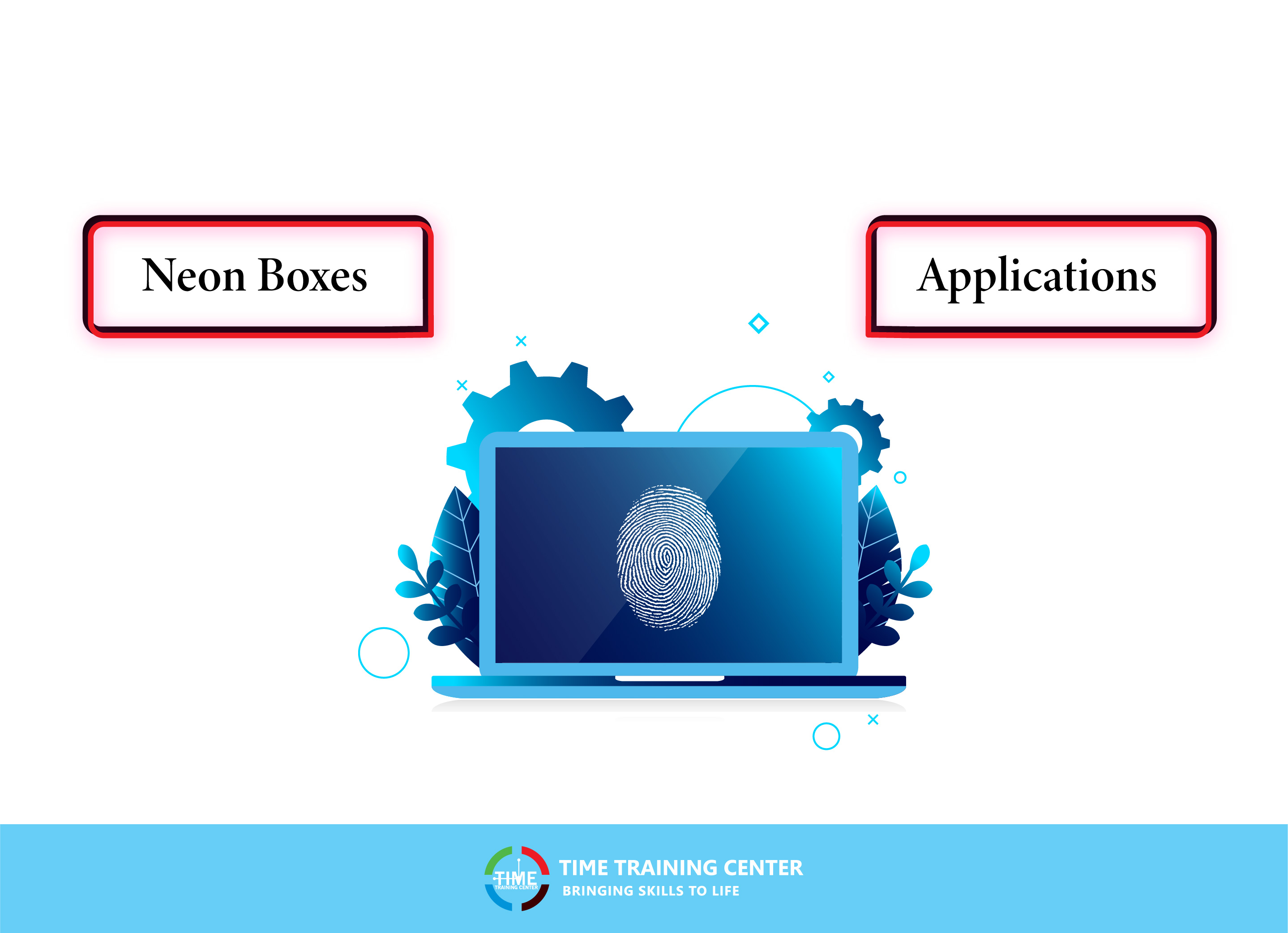We have built ourselves a world where much of our professional life and personal life is dependent on the online platform. Every day, we explore newer ways to play, work, do banking, and connect.
Our digital footprints keep exponentially growing as we keep building our online appearance. With this increased dependency on the internet, criminals have found more accessible ways to rob us. It brings its risks along with its boon.
Online hackers, criminals, or grey hackers have always looked for new and creative ways to rob you of your identity, assets, bank details, medical history, social security, etc. Digital Security stands as the critical component while entering the digital world to prevent this from happening. We shall elaborate on digital security definitions, their types, and their application.
What is Digital Security?
Digital security is the protection given to one’s identity and an online appearance’s personality. While using the internet service, online personality is something that represents you, your physical identity, assets, and data. Digital security includes tools used to protect someone’s identity, support, and any sort of information, both in the online and mobile world.
Why is Digital Security important?
According to Cyber Security Breaches Report, 46% of businesses have reported security breaches in the year 2020, and 36% of companies say that they experience cyberattacks once every week.
With an increasing number of malicious cyberattacks, everyone is vulnerable to cyber theft, hack, or crime. Cybercriminals pounce on the opportunity they get to exploit other data, personal identities and rob them. Our increased reliance on the internet has forced us to make digital security our top priority. We have a lot more to lose if something goes into a malicious hacker’s hands, so with stakes so high, digital security is particularly relevant today.
What is the difference between Digital Security and Cyber Security?
Even though digital security and cybersecurity seem similar and can use them interchangeably, they differ. Digital Security is a part of cybersecurity. It involves protecting an individual’s identity, data, and assets.
Cyber Security has a broader protection area to cover. The more general aspect of it protects an entire network, intranets, computer systems, and other digital components. It deals with protecting data and information from outside sources in cyberspace or the internet. To know more about cybersecurity, you need to study from courses that are up to date as the mechanics and techniques keep evolving. You can learn about ethical hacking and various techniques essential for every cybersecurity personnel from the Cyber Security courses in Abu Dhabi.
What are the different types of Digital Security?
With your online identity compromised, there is a lot at stake. By any means, digital security needs to be established to avoid any mishaps or malicious hacking. This security comes in various forms to protect coverage rather than just data loss. Few types of digital security tools are mentioned below.
Many indeed consider firewalls outdated and obsolete. Whereas in reality, firewalls are the essential, indispensable digital security tool used to block threats.
Older versions of firewalls have become obsolete now, as their only function is to open and close traffic flow. Even if these simple structures protect the system from simple threats, it has become invalid. They are easier to break. This brings in the need for advanced versions of firewalls capable of providing multiple protection layers. This type of tool inspects web traffic, identifies users, blocks unauthorized access, and protects from next-generation viruses.
Any computer system, be it personal or corporate, must be installed with updated antivirus software. This is deemed essential because of detecting infections by malware or other malicious elements. Viruses that come through malware and other adversarial systems will affect your data and make your system stop working.
Good antivirus software will detect threats, remove them, and keep an eye on similar suspicious programs and threats. Try to keep away from free antivirus software as it lacks threat updates. Ideally, always consider buying a paid antivirus software.
A proxy tool acts as an intermediate between the user, and the internet, using filtering rules applied according to the company’s IT security policies. Through this tool, you will block websites you consider dangerous within a workspace. It will also enable you to create a leverage authentication system to limit access to external networks and monitor usage.
A remote monitoring tool allows the IT security team to remotely monitor, diagnose problems, collect information, and oversee the applications and hardware at different networks or distant points. This tool enables administrators to identify and resolve issues and incidents quickly, regardless of time and location.
The vulnerability scanner is one of the must-have security tools in an organization responsible for detecting, evaluating, and managing any weak points in the system. With this tool, you can identify and prioritize vulnerabilities, attack them, and avoid further issues. It can use it for both web applications as well as internal systems.
What are the applications for Digital Security?
Apart from tools used in organizations, there are free tools available to everyone. These tools will help protect the integrity of the messages that keep flowing through the digital space between various online media since it is a particularly vulnerable target. We must be vigilant while sharing and receiving information digitally, which we suspect might be fraudulent. The following tools, made available to the users, will protect them from malicious hackers and criminals.
Tool extensions like Tor and AnonymoX will give you the space to navigate the internet without giving off your location and will keep whatever you are navigating private. It will protect your identity by creating a proxy and will let you change your IP address. You will not be found even by advertisers and third-party trackers. This tool is available as add-ons on Google Chrome and Firefox.
If you wish to protect your telephone calls, SilentPhone is the perfect tool for it. It offers smartphone users end-to-end encryption for voice conversations, messages, file transfers, videos, and more. It is free, and it is made available on both Android OS and iOS devices.
If you send important information via instant messages, ChatSecure is the tool for you. It is a messaging app and ensures secure encryption for Android and iPhone users equally. Cyph is another tool that encrypts messages for both Mac and Windows users.
Conclusion
Digital security tools cover a wide range of subjects and aspects of the threat landscape. Despite the size of a business organization, or your computer system, they need to be given accurate, updated digital security. For your security strategies to work efficiently, combine these mentioned tools and solutions.
 +971 2 6713828
+971 2 6713828




